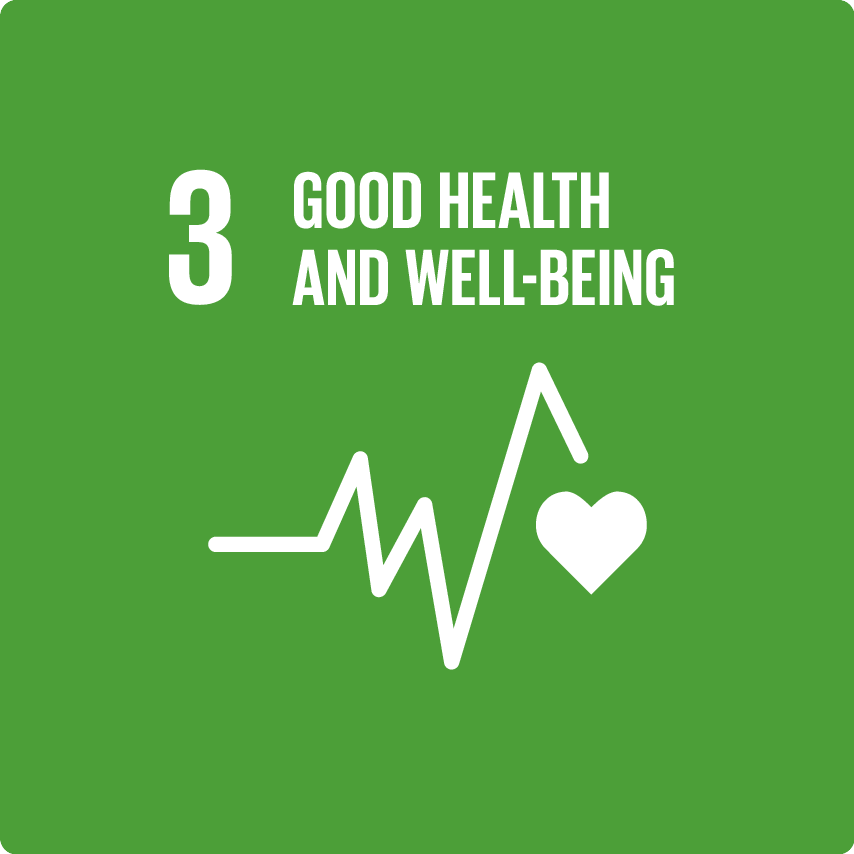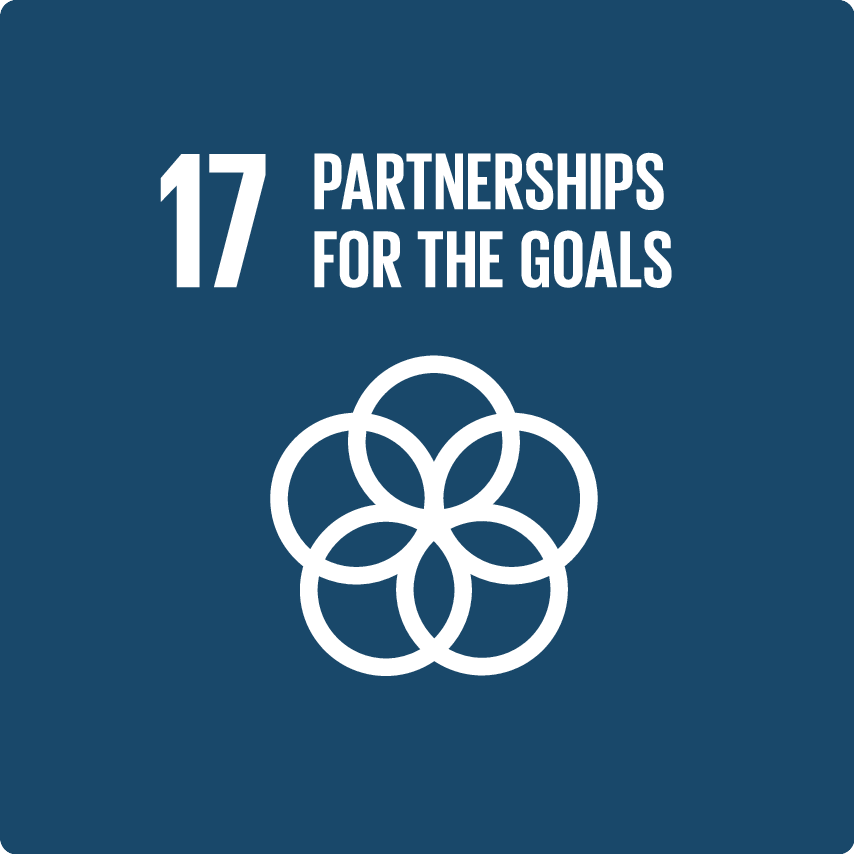Expanding Access to Generic Forms of Janssen’s HIV Medicines
HIV treatment is a life-long commitment for patients and Janssen's access efforts for HIV aim to meet the needs of that commitment for the long-term through novel collaborations and approaches.
SEE ALL PARTNER ORGANIZATIONS
Objectives
Policy initiatives are aimed at enhancing access to the Company’s HIV medicines in low- and middle-income countries.
What are the health needs and challenges?
Providing people living with HIV/AIDS (PLWHA) with first-line HIV medicines is a top public health priority for countries with high HIV burdens. According to the World Health Organization (WHO), the availability of HIV medicines is expanding at a rapid rate, especially in sub-Saharan Africa (SSA). Janssen Pharmaceutical Companies of Johnson & Johnson is committed to helping people living with HIV through effective and sustainable access to our HIV medicines.
HIV treatment is a life-long commitment for patients and Janssen’s access efforts for HIV aim to meet the needs of that commitment for the long-term. Direct agreements with generic manufacturers, or non enforcement of patents a company owns or controls, allows sharing of technical skills and experience. This practice ensures not only the availability of generic versions of Janssen’s medicines, but also their safety, quality and accessibility. Generic manufacturers play an important role in support of a strategy to reduce costs and maintain the affordability of these medicines.
Activities and how they address needs and challenges
In 2011, Janssen Sciences Ireland UC granted multiple non-exclusive licenses to Hetero Drugs, Emcure Pharmaceuticals, Strides ArcoLab, Mylan, Cipla and Matrix Laboratories of India, and Aspen Pharmacare of South Africa to manufacture, market and distribute generic versions of its non-nucleoside reverse transcriptase inhibitor rilpivirine hydrochloride (TMC 278), subject to its approval for use with other antiretroviral agents in the treatment of treatment-naïve HIV-1 infected adults.
These agreements offer licensees the technical information and knowledge (“tech transfer”) to manufacture the active pharmaceutical ingredients (API) and finished product. They also enable the development of appropriate fixed-dose combinations (FDCs) of rilpivirine with other HIV medicines within the licensing territories.
Further, Janssen announced in 2012 that it would not enforce patents they own and control on the antiretroviral (ARV) drug darunavir provided the darunavir product is medically acceptable and is used only in resource-limited settings. This was intended to assure generic manufacturers that they may manufacture high quality darunavir product used in sub-Saharan Africa and least developed countries without a concern that Janssen will accuse these activities of infringing on its darunavir patents. Today this policy extends toward 128 low- and middle-income countries, home to 99.8% of children and adolescents living with HIV worldwide today.
Geographic Reach
- Africa
- Americas
- Eastern Mediterranean
- Europe
- South-East Asia
- Western Pacific
Disease Area
- Infectious and Parasitic Disease
Partner organizations
Strides Arcolab
Aspen Pharmacare
Emcure Pharmaceuticals
Mylan Laboratories Limited (a Viatris Group company)
Hetero Drugs (India)
Geographic Reach
Africa
- Angola
- Benin
- Botswana
- Burkina Faso
- Burundi
- Cabo Verde
- Cameroon
- Central African Republic
- Chad
- Comoros
- Congo
- Côte d'Ivoire
- Democratic Republic of the Congo
- Equatorial Guinea
- Eritrea
- Ethiopia
- Gabon
- Gambia
- Ghana
- Guinea
- Guinea-Bissau
- Kenya
- Lesotho
- Liberia
- Madagascar
- Malawi
- Mali
- Mauritania
- Mauritius
- Mozambique
- Namibia
- Niger
- Nigeria
- Rwanda
- Sao Tome and Principe
- Senegal
- Seychelles
- Sierra Leone
- South Africa
- South Sudan
- Swaziland
- Togo
- Uganda
- United Republic of Tanzania
- Zambia
- Zimbabwe
Americas
- Antigua and Barbuda
- Bahamas
- Barbados
- Belize
- Bolivia (Plurinational State of)
- Cuba
- Dominica
- Dominican Republic
- Ecuador
- El Salvador
- French Guiana
- Grenada
- Guatemala
- Guyana
- Haiti
- Honduras
- Jamaica
- Nicaragua
- Saint Kitts and Nevis
- Saint Lucia
- Saint Vincent and the Grenadines
- Suriname
- Trinidad and Tobago
Eastern Mediterranean
- Afghanistan
- Djibouti
- Pakistan
- Somalia
- Sudan
- Syrian Arab Republic
- Yemen
Europe
- Armenia
- Georgia
- Kazakhstan
- Republic of Moldova
- Tajikistan
- Turkmenistan
- Uzbekistan
South-East Asia
- Bangladesh
- Bhutan
- India
- Indonesia
- Maldives
- Myanmar
- Nepal
- Sri Lanka
- Thailand
- Timor-Leste
Western Pacific
- Cambodia
- Fiji
- Kiribati
- Lao People's Democratic Republic
- Palau
- Papua New Guinea
- Samoa
- Solomon Islands
- Tonga
- Tuvalu
- Vanuatu
- Viet Nam
Disease Area
Infectious and Parasitic Disease
- HIV/AIDS

